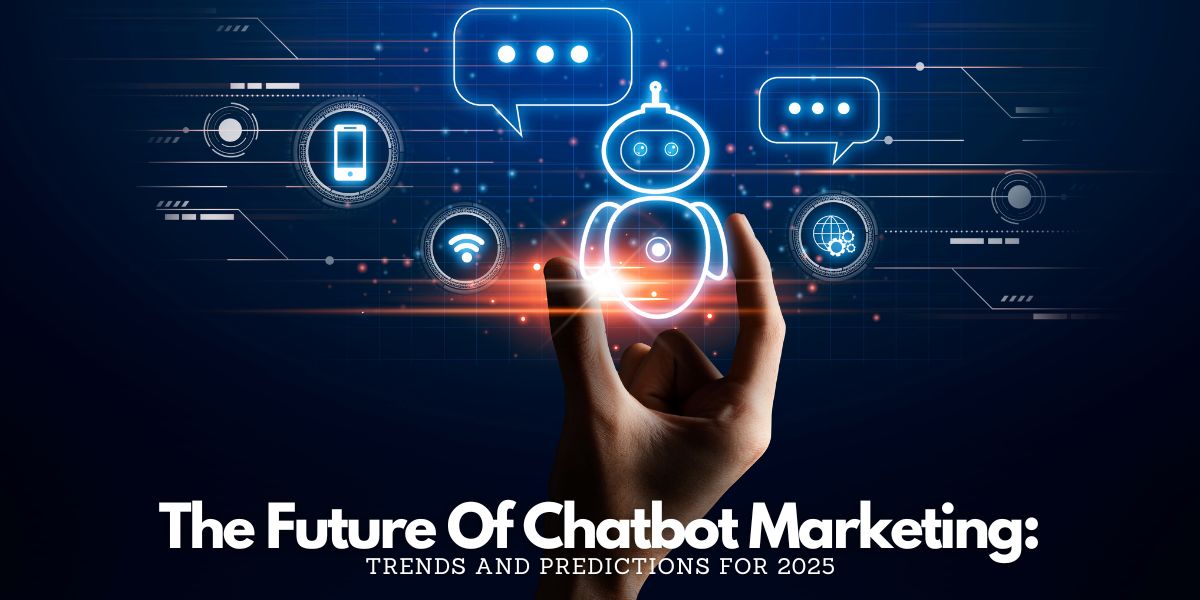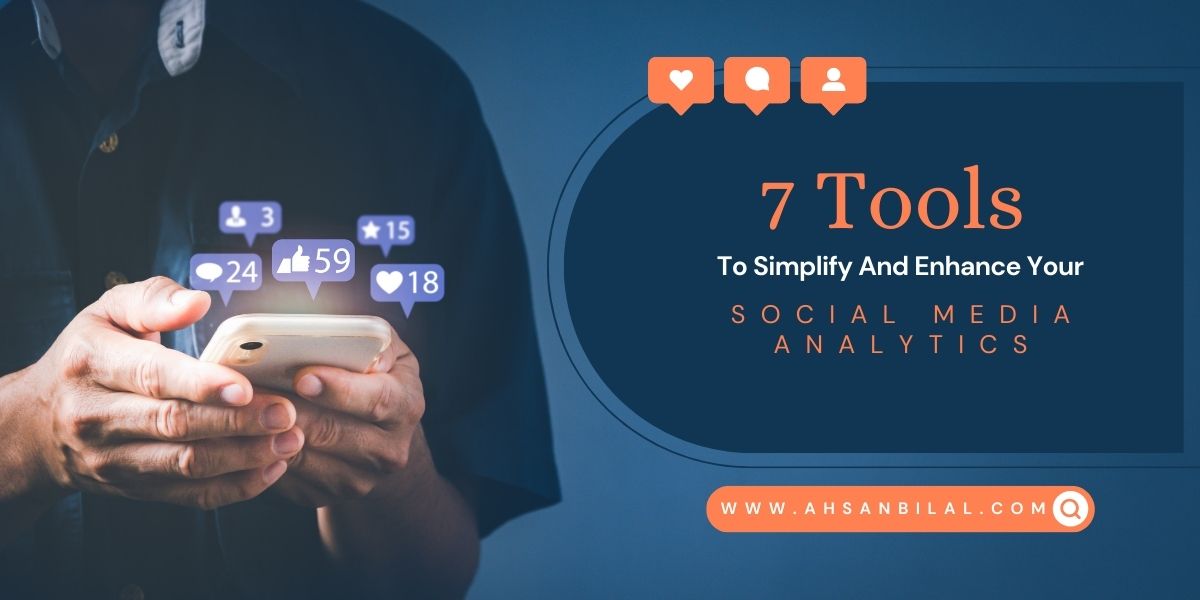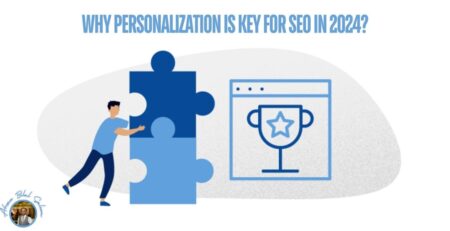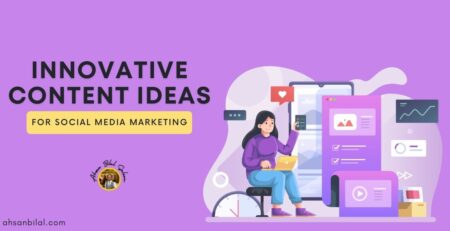The Future Of Chatbot Marketing: Trends And Predictions For 2025
As digital transformation accelerates, chatbots have evolved from simple customer service tools to essential components of marketing strategies. In 2025, chatbot marketing will continue to shape how businesses interact with their audiences, offering more personalized, efficient, and engaging customer experiences. This article investigates the arising patterns and forecasts that will characterize the future of chatbot marketing.
Hyper-Personalization with AI-Driven Chatbots
Personalization will no longer be a luxury—it will be an expectation. In 2025, chatbots will use progressed man-made consciousness (artificial intelligence) and machine learning (ML) to offer hyper-customized encounters. These bots will:
- Break down client conduct, inclinations, and past connections progressively.
- Give custom fitted item proposals and customized content.
- Adapt conversation styles and tones based on individual user personas.
Prediction: Businesses that prioritize hyper-personalization through chatbots will see a significant increase in customer retention and satisfaction.
Voice-Activated Chatbots Will Dominate
With the rise of smart speakers and voice assistants like Amazon Alexa, Google Assistant, and Siri, voice-enabled chatbots will gain prominence in 2025. These chatbots will:
- Provide hands-free, voice-first interactions, enhancing accessibility.
- Integrate seamlessly with smart home devices, cars, and wearables.
- Support voice commerce, allowing users to make purchases through voice commands.
Prediction: Voice-activated chatbots will account for a large portion of customer interactions, especially in industries like e-commerce, healthcare, and home automation.
Integration with Augmented Reality (AR) and Virtual Reality (VR)
The fusion of chatbots with AR and VR technologies will revolutionize customer engagement. Imagine a scenario where:
- A virtual assistant guides users through a virtual store or showroom.
- Chatbots provide real-time product information and recommendations in an AR environment.
- Customers receive interactive support while navigating virtual spaces.
Prediction: AR and VR chatbots will redefine online shopping and virtual events, creating immersive customer experiences that drive higher engagement and conversions.
Increased Focus on Emotional Intelligence (EI)
While chatbots are known for efficiency, their emotional intelligence is often lacking. By 2025, advancements in natural language processing (NLP) and sentiment analysis will enable chatbots to:
- Perceive and answer clients’ feelings during discussions.
- Offer empathetic and context-aware responses.
- Handle sensitive customer interactions with greater care and understanding.
Prediction: Emotionally intelligent chatbots will become critical for industries like healthcare, mental health, and customer service, where empathy plays a vital role.
Seamless Integration with Omnichannel Marketing
In 2025, chatbots will no longer be confined to individual platforms. Instead, they will function as omnichannel communication tools that:
- Provide a unified customer experience across websites, social media, messaging apps, and email.
- Sync conversations and data across channels to offer a seamless journey.
- Enable users to switch between devices and platforms without losing context.
Prediction: Omnichannel chatbots will help businesses maintain consistent communication and engagement, boosting customer loyalty and retention.
Proactive Engagement and Predictive Analytics
Rather than waiting for customers to initiate conversations, chatbots in 2025 will proactively engage users. With predictive analytics, these bots will:
- Expect client needs founded on verifiable information and ways of behaving.
- Offer timely recommendations, discounts, and support before users ask for them.
- Reduce customer effort by addressing potential issues in advance.
Prediction: Proactive chatbot engagement will enhance customer satisfaction and reduce churn rates, making them indispensable for customer retention strategies.
Enhanced Security and Privacy
As chatbots handle more sensitive customer data, security and privacy will become top priorities. In 2025, chatbot technology will:
- Implement end-to-end encryption for all communications.
- Comply with global data protection regulations like GDPR, CCPA, and HIPAA.
- Use secure authentication methods, such as biometrics and multi-factor authentication.
Prediction: Chatbots that prioritize security and transparency will build greater trust with users, becoming a preferred choice for handling sensitive transactions and information.
Chatbots as Sales Assistants
By 2025, chatbots will play a more significant role in the sales funnel. These AI-driven assistants will:
- Qualify leads through automated conversations.
- Guide clients through the purchasing system with customized item suggestions.
- Upsell and cross-sell based on user preferences and browsing history.
Prediction: Chatbots will become indispensable sales assistants, driving higher conversion rates and revenue for e-commerce businesses.
Integration with Blockchain Technology
Blockchain technology will enhance the functionality and security of chatbots in 2025 by:
- Ensuring transparent and tamper-proof data transactions.
- Facilitating secure and decentralized communication between chatbots and users.
- Enabling smart contracts for automated, trustless transactions.
Prediction: Blockchain-powered chatbots will gain popularity in industries that require high security and transparency, such as finance, healthcare, and legal services.
Chatbots for Employee Engagement and HR
In addition to customer-facing roles, chatbots in 2025 will transform internal business operations. HR departments will use chatbots to:
- Automate onboarding processes and employee training.
- Provide instant answers to HR-related queries.
- Gather representative input and screen commitment levels.
Prediction: Chatbots will become essential tools for improving employee experience and streamlining HR functions.
Conclusion: The Future Is Conversational
The future of chatbot marketing in 2025 is bright, with advancements in AI, voice technology, emotional intelligence, and security shaping how businesses interact with their customers. By embracing these trends, companies can stay ahead of the curve, offering innovative, personalized, and engaging customer experiences. As chatbots continue to evolve, they will become a cornerstone of digital marketing strategies, driving growth and customer satisfaction in the years to come.










